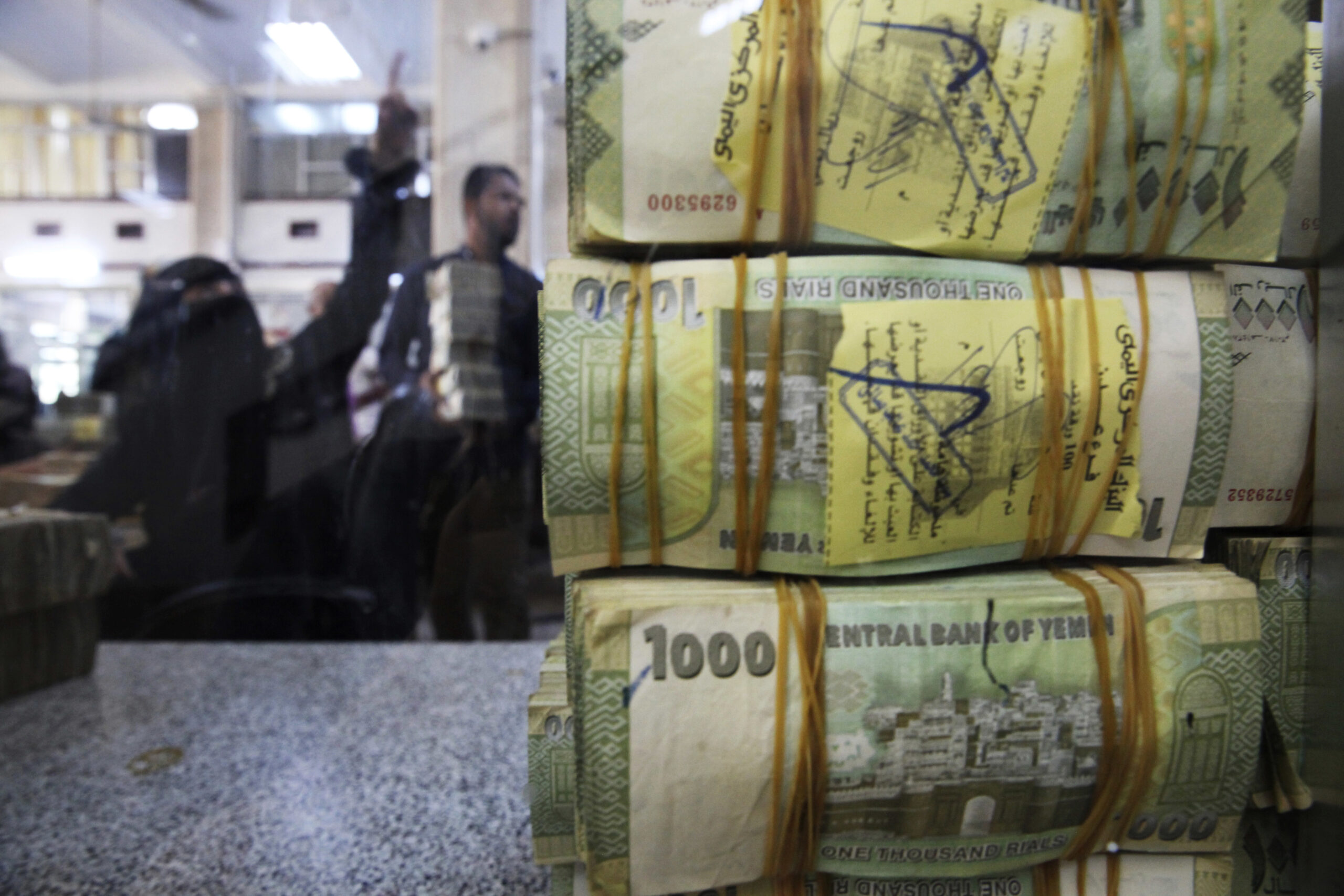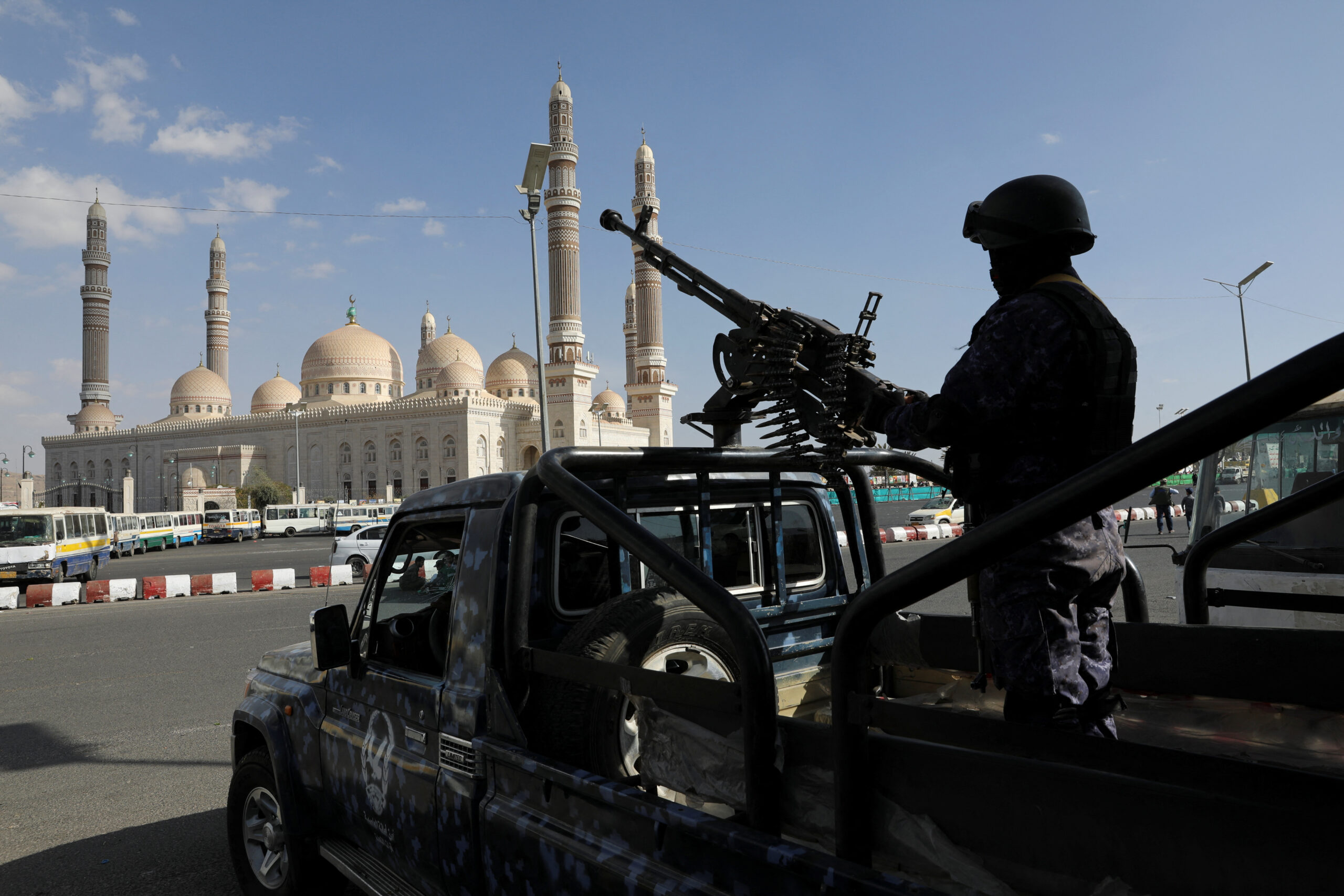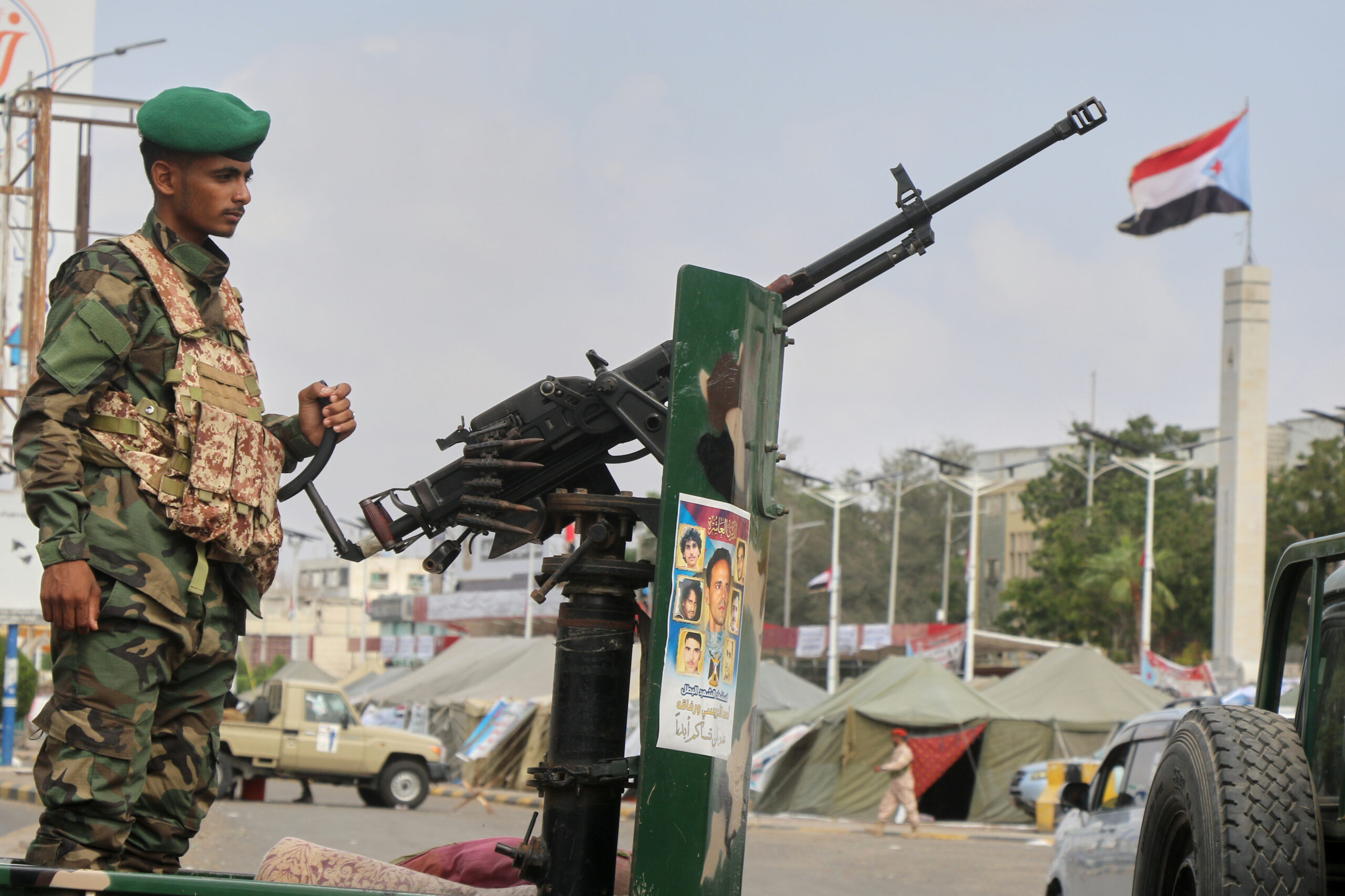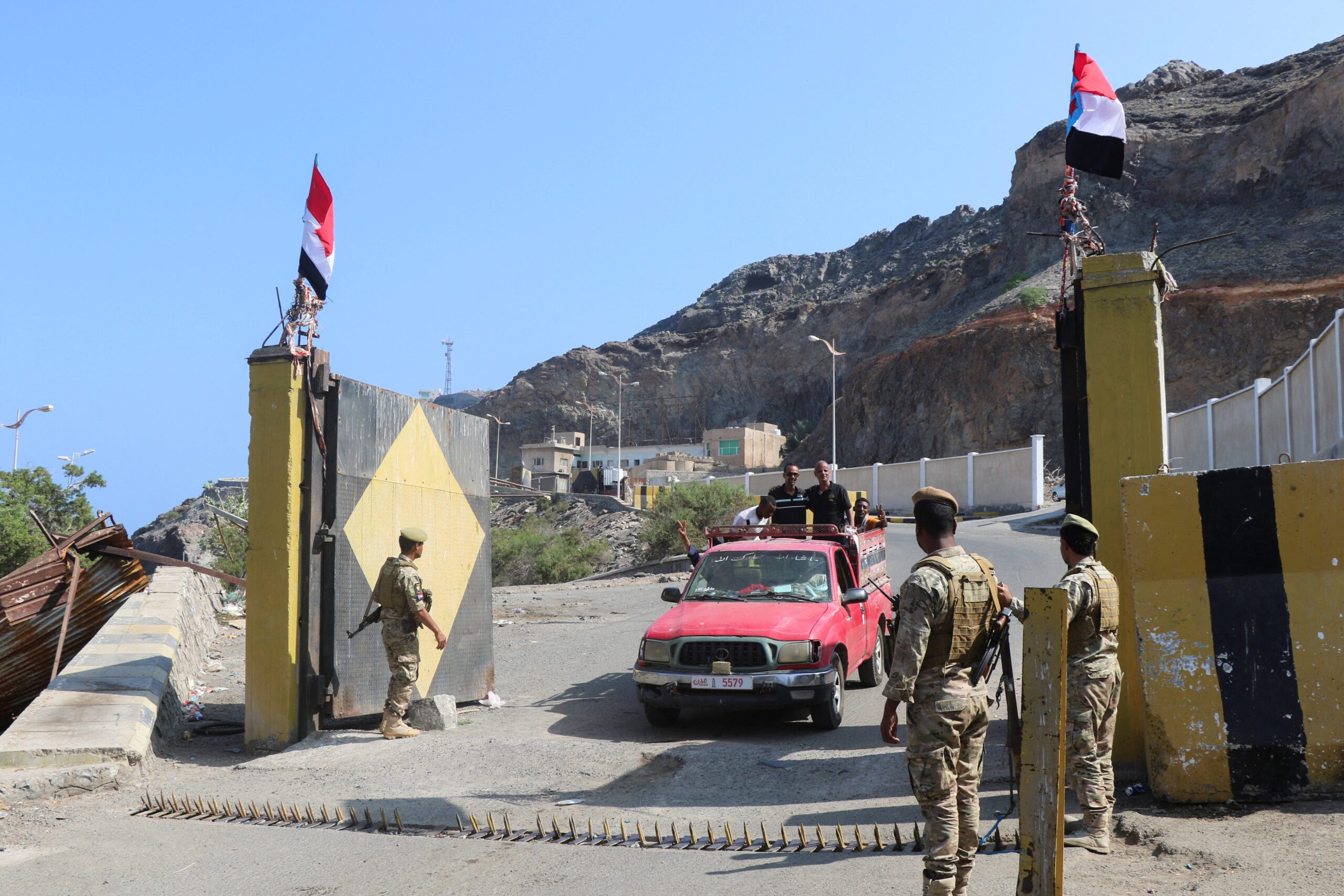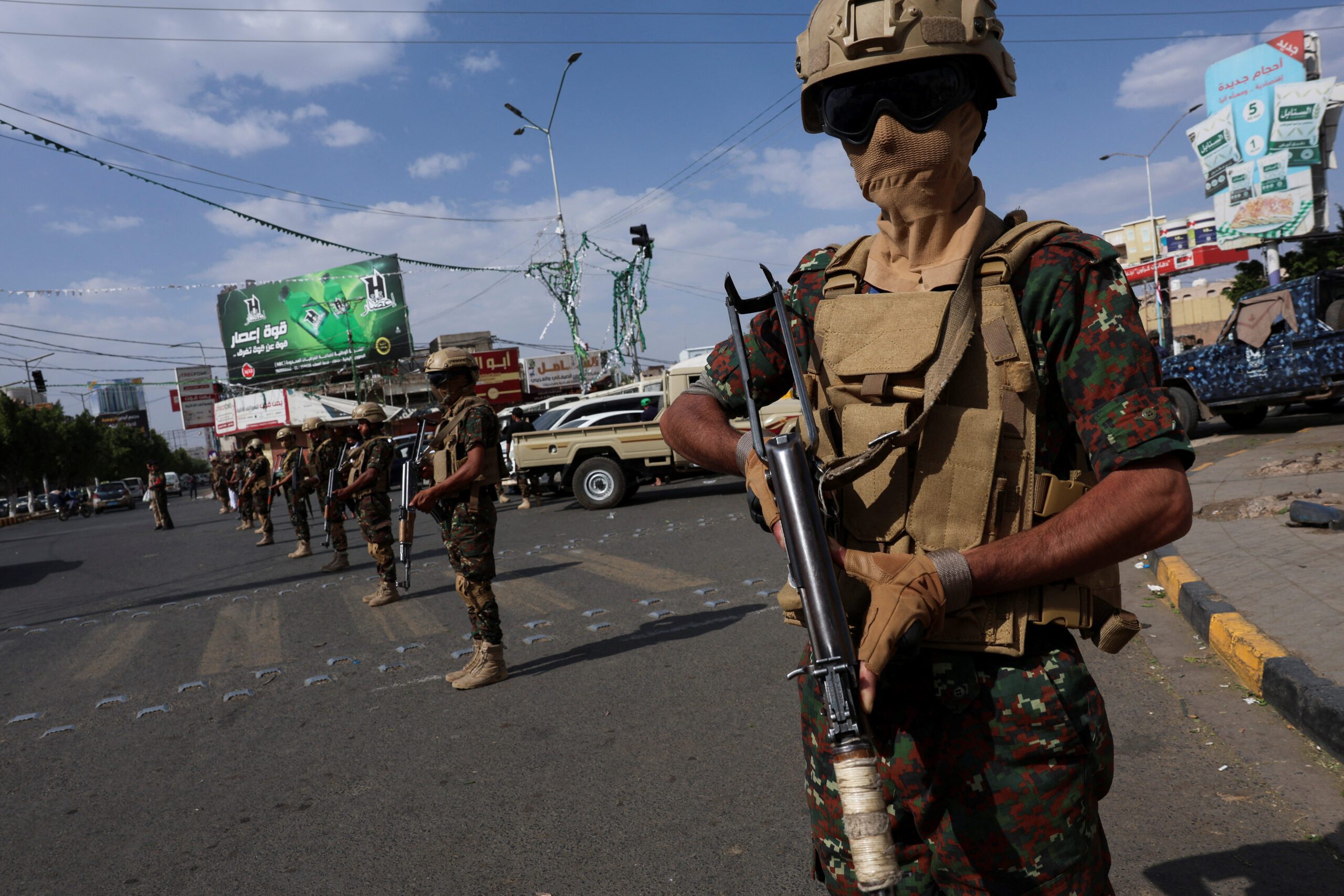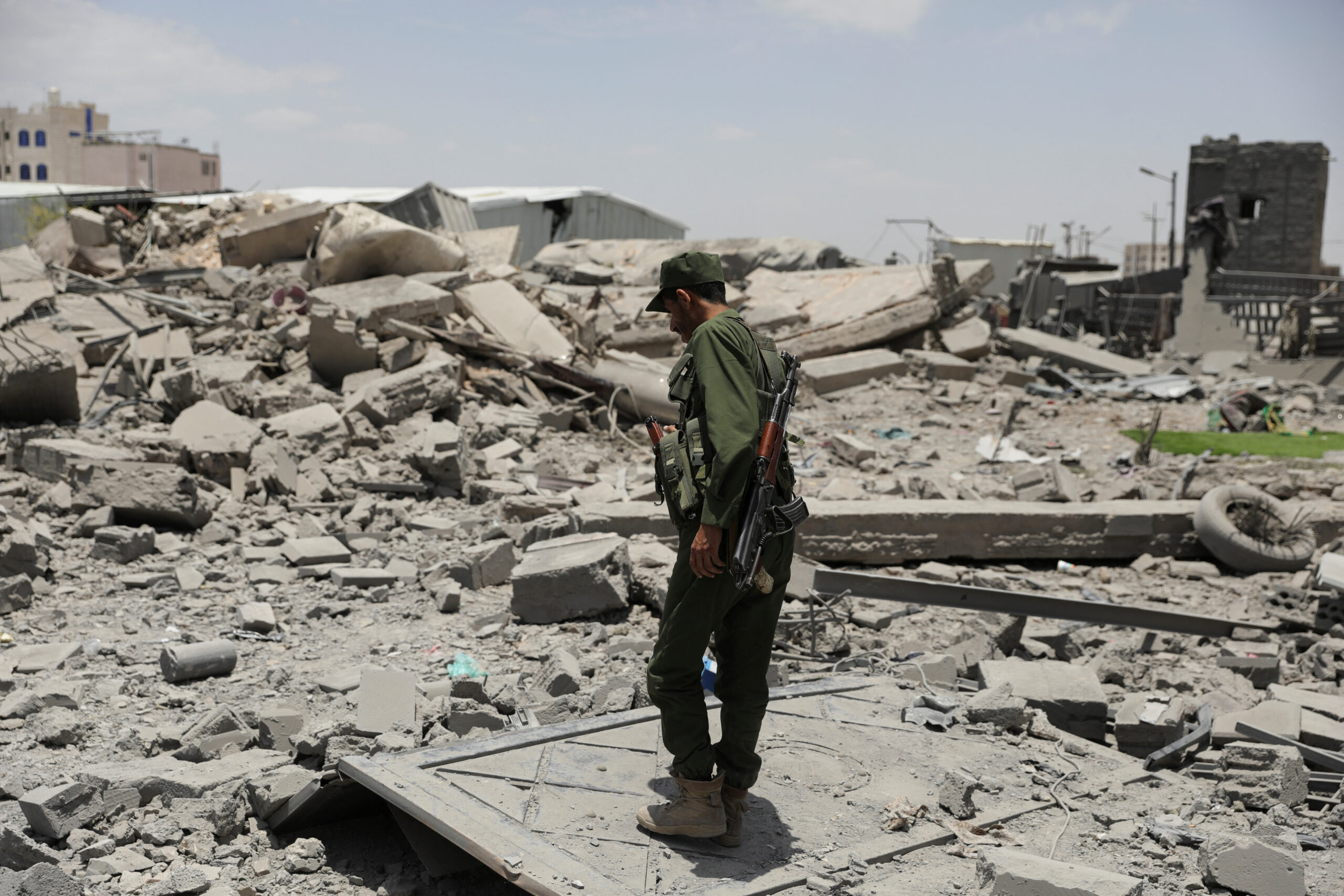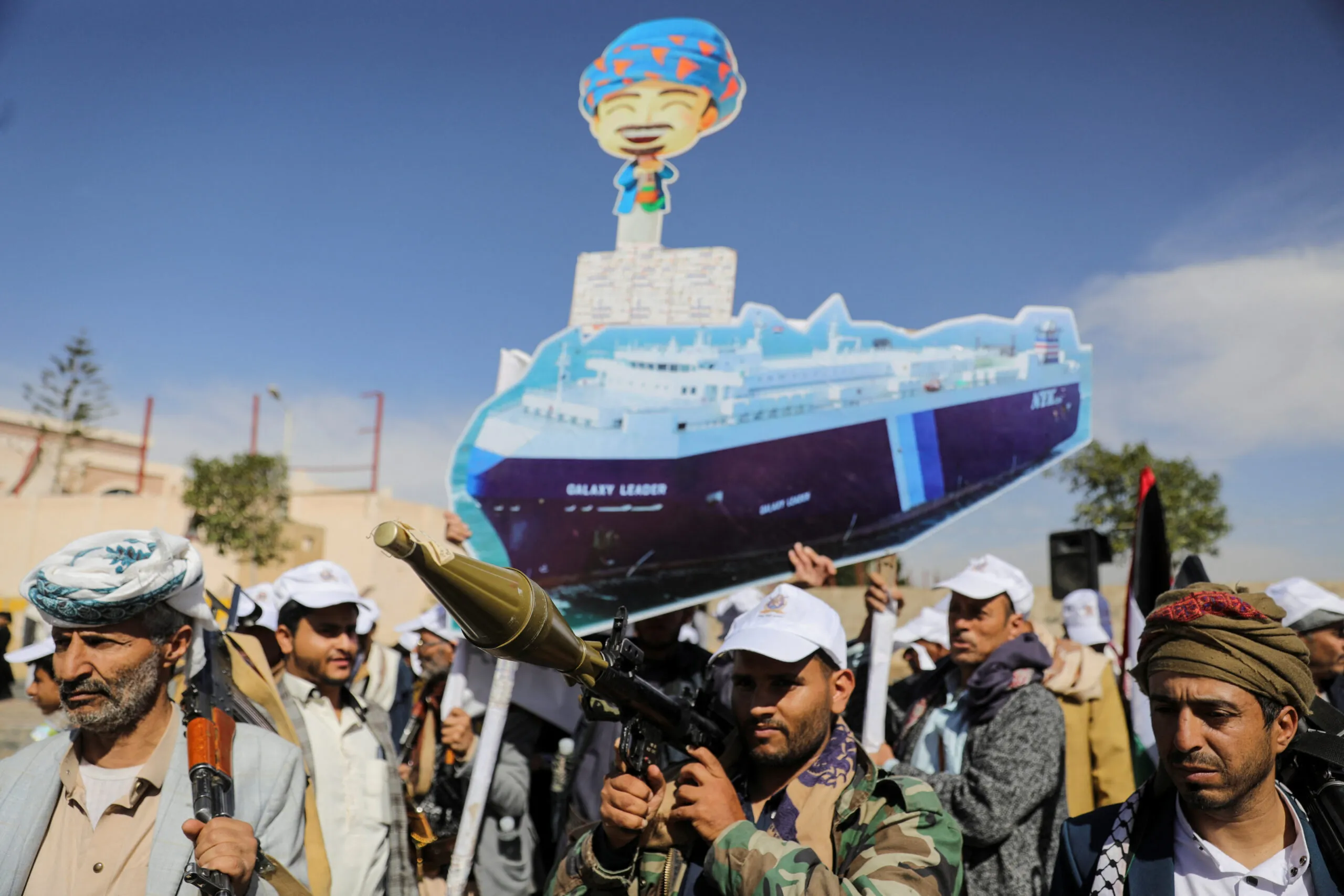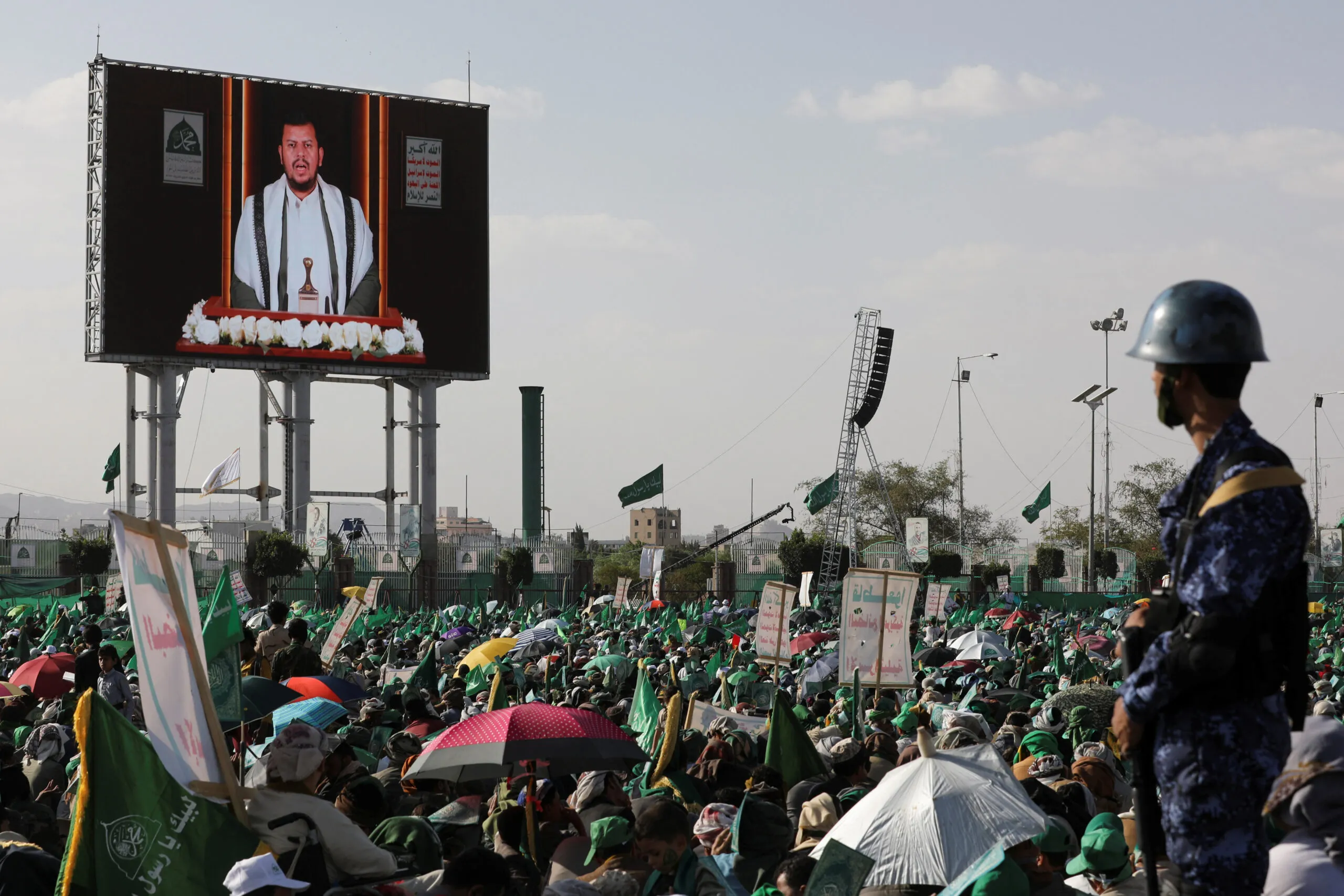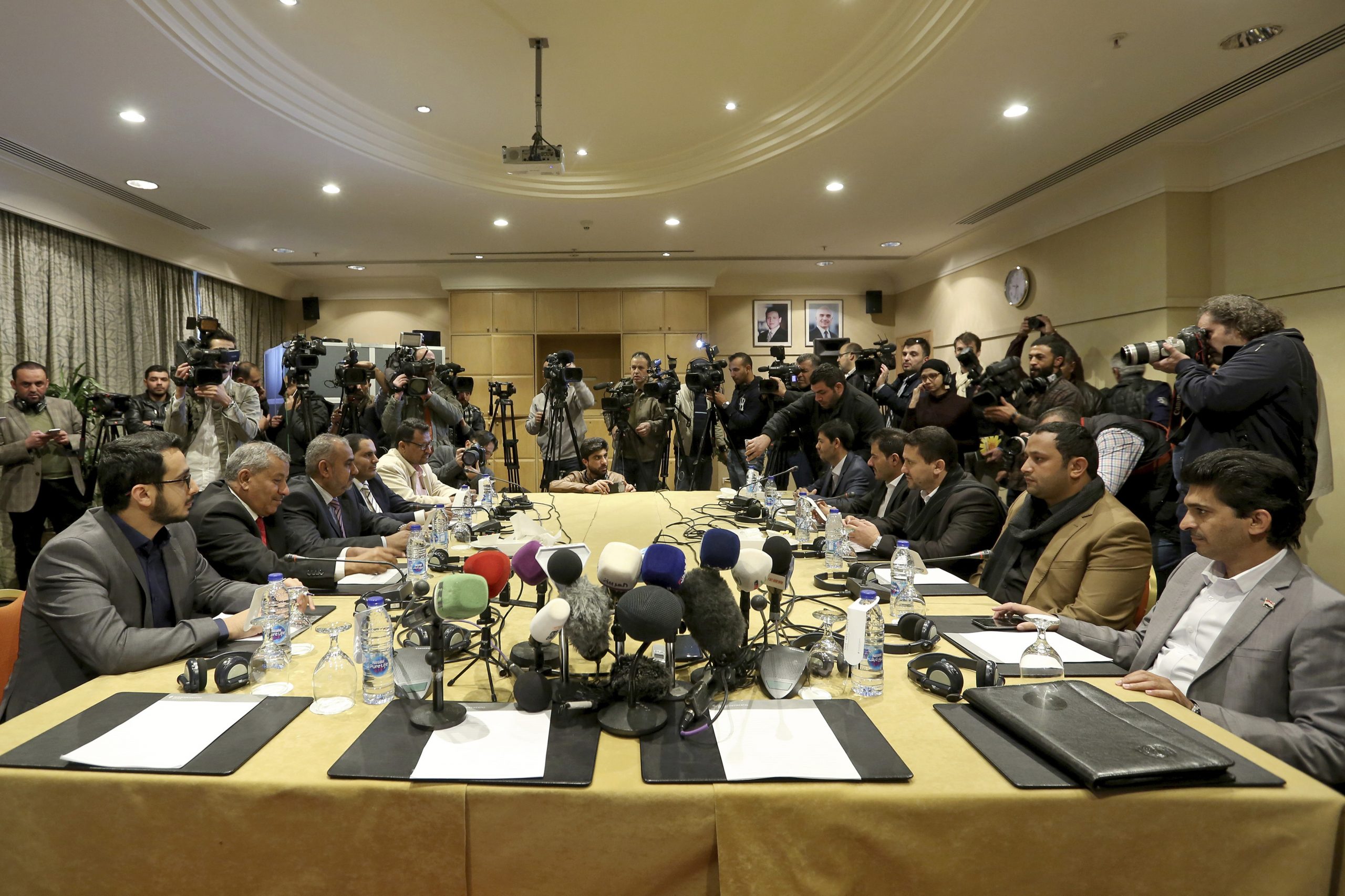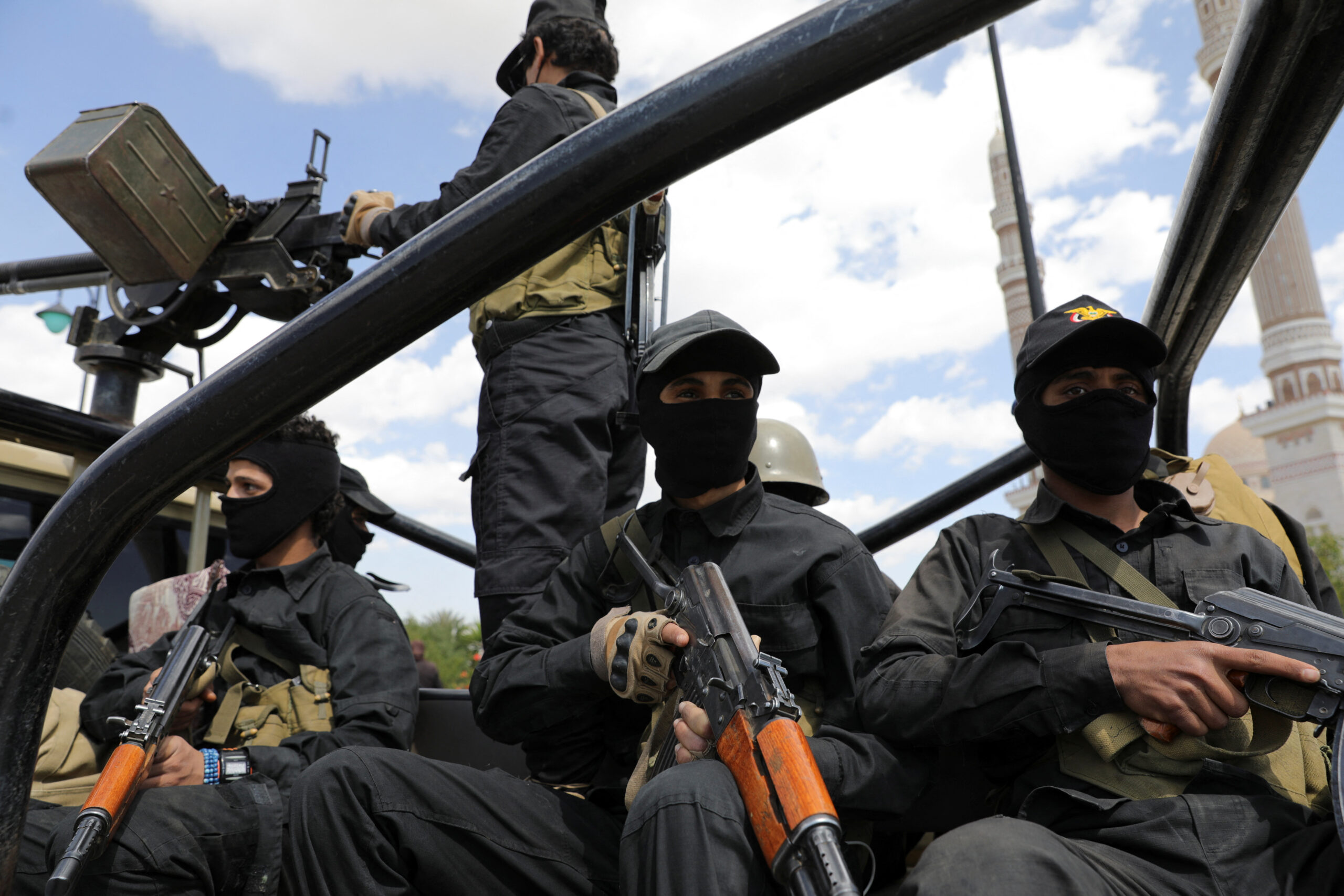
In recent months, as the United States has struggled to deter and degrade the Houthis, Yemen’s United Nations-recognized government has worked to dramatically increase economic pressure on the group. The economy, in particular revenue and liquidity, is the Houthis’ Achilles heel. This is where the group is most vulnerable, and this is exactly where the government in Aden is pressing. This approach, however, also carries significant risks. In the short term, increasing economic pressure on the Houthis is likely to prompt them to reignite attacks on Saudi Arabia, while in the long term it could make reuniting Yemen into a single state all but impossible.
This is why both Saudi Arabia and the U.N. have pushed back against the government’s economic offensive. This is the catch-22 of the Yemeni conflict. Like the United States’ military campaign against the Houthis, the international community is caught between two unappealing options. On one hand, the United States, Saudi Arabia, and the U.N. all lack either the political will or the military capacity to fully engage the Houthis in an open-ended conflict to decisively defeat and destroy the group. Even if the United States did possess the political will, decisively defeating the Houthis would not be easy, quick, or even guaranteed. It would likely be a long, bloody, and potentially inconclusive war.
On the other hand, half measures have not worked against the Houthis. This is as true on the military side, where U.S. efforts to wage a calibrated bombing campaign have failed, as it is on the political side where successive U.N. special envoys have all tried and failed to accommodate the Houthis and convince them to be part of a national government. By rightly keeping in mind the dire humanitarian situation as well as the long-term implications for the unity of the Yemeni state, the U.N. and Saudi Arabia have essentially empowered the Houthis and weakened their ostensible allies in the U.N.-recognized government. Nowhere is this more obvious than in Saudi Arabia and the U.N.’s efforts to neutralize the government’s effective economic offensive against the Houthis.
On July 7, the Central Bank of Yemen in Aden revoked the licenses of six banks for failing to relocate their headquarters from Sanaa, which is under Houthi control, to Yemeni government-held territory. The move was part of a broader strategy to economically isolate the Houthis by compelling tax-paying companies and entities out of Sanaa, where the Houthis capture revenue and taxes, and bring them back under the government umbrella. In this case, the move would have cut the banks off from the SWIFT international banking messaging system, and along with the Houthis being on the “Specially Designated Global Terrorist” list would have significantly isolated and increased economic pressure on the Houthis. In the immediate aftermath of the central bank’s order, all financial transfers between government held territory and Houthi-controlled territory were halted.
For the Houthis, who have artificially inflated the value of the Yemeni rial in areas under their control, this was a significant escalation, which the group accurately saw as an attempt to sow dissension and spark unrest among the population in Houthi-held areas. In effect, this was an attempt to undermine and weaken Houthi control. The Yemeni rial trades at between roughly 525 and 650 to 1 against the U.S. dollar in Houthi areas, while in government areas the rial has dipped as low as 1,895 to 1 against the dollar. Prior to the war in 2014, the Yemeni rial traded at 250 to 1 against the dollar. All of this means that, while salaries have remained the same – in areas where they are being paid – what those salaries purchase has been greatly reduced.
On July 11, Abdul Malik al-Houthi, the head of the Houthi movement, issued a public address threatening retaliation and renewed attacks against Saudi Arabia if the central bank’s decision was not reversed. According to the Sanaa Center, Saudi Arabia responded quickly, threatening to cut off financial assistance to the U.N.-recognized government, which is almost wholly dependent on Saudi aid, and suggesting that if the Houthis attacked the government in Aden, Saudi Arabia would not intervene to help the Yemeni government. At the same time, the U.N., which is concerned both about the humanitarian impact of cutting Houthi areas off from the international banking system as well as attempting to maintain the fiction of a peace deal that will reunify Yemen, pressured the government to reverse the decision. Not surprisingly, given the severity of the threats, the government backed down, the Central Bank of Yemen reversed its decision, and the licenses were restored.
In many ways, the economic showdown illustrates the key problem the United States and Saudi Arabia have in trying to defeat the Houthis. The Houthis are unified and working toward a common goal, their enemies are not. When Saudi Arabia and the United Arab Emirates began bombing Yemen in 2015, the United States was, at best, a reluctant partner. Now, the United States is bombing the Houthis in a campaign that Saudi Arabia wants no part of. The local anti-Houthi coalition, known as the Presidential Leadership Council, is riven by in fighting and undercut by the international community’s pressure to back down. The Houthis, on the other hand, are united in a way that allows them to play their enemies against one another, use civilians under their control as political leverage, and continue, ever so slowly, to advance their goal of complete control of the Yemeni state.
The Houthis have a real Achilles heel – their economic vulnerability – but the risks and potential drawbacks of cutting them off completely – in tandem with Houthi threats to renew attacks targeting Saudi Arabia – are so great that Riyadh and the U.N. forced the U.N.-recognized government to back down. That’s the Houthi challenge in a nutshell – the international community isn’t ready for an all-out war with the group, but anything short of that is unlikely to work. So, the international community attempts half measures militarily, politically, and economically that do little to damage the group, while the Houthis grow stronger and stronger. The role non-Houthi-aligned Yemeni forces can play in shaping the future of Yemen grows more distressed.
The views represented herein are the author's or speaker's own and do not necessarily reflect the views of AGSI, its staff, or its board of directors.


